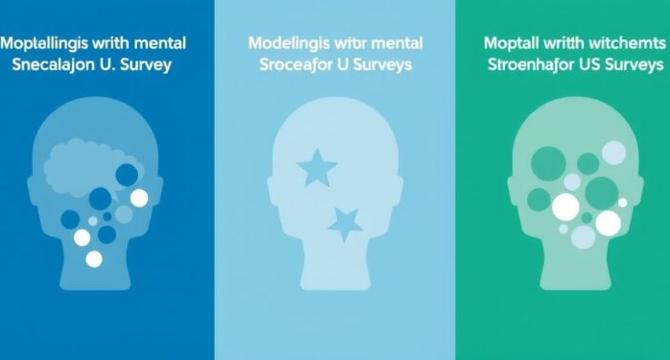Bioengineer
1M
50

Image Credit: Bioengineer
Disparities in Mental Health: Insights from Three Major US Surveys
- The study reveals a significant rise in poor mental health among populations in the U.S. from 2011 to 2022.
- The survey highlights critical differences in mental health outcomes as documented by multiple health surveys.
- These disparities were notably influenced by age, gender, and racial and ethnic backgrounds, suggesting that certain demographic groups are disproportionately affected.
- Younger populations, particularly those in their late teens and early twenties, reported the highest levels of mental health problems.
- Women consistently reported higher levels of anxiety and depression compared to men.
- Minority populations often face additional barriers to accessing mental health care, including stigma, cultural differences, and systemic inequalities.
- The authors assert that addressing these inequities requires a multifaceted approach involving education, community engagement, and policy reform.
- Exploring connections of COVID-19 pandemic with mental health will be crucial in addressing the long-term impact of the pandemic on mental health.
- The study serves as a call to action to commit to efforts aimed at understanding and mitigating the factors contributing to the public health emergency.
- Sustained efforts and collaboration are required to create a future where mental health resources are equitable and effective, fostering a healthier and more resilient population.
Read Full Article
3 Likes
For uninterrupted reading, download the app